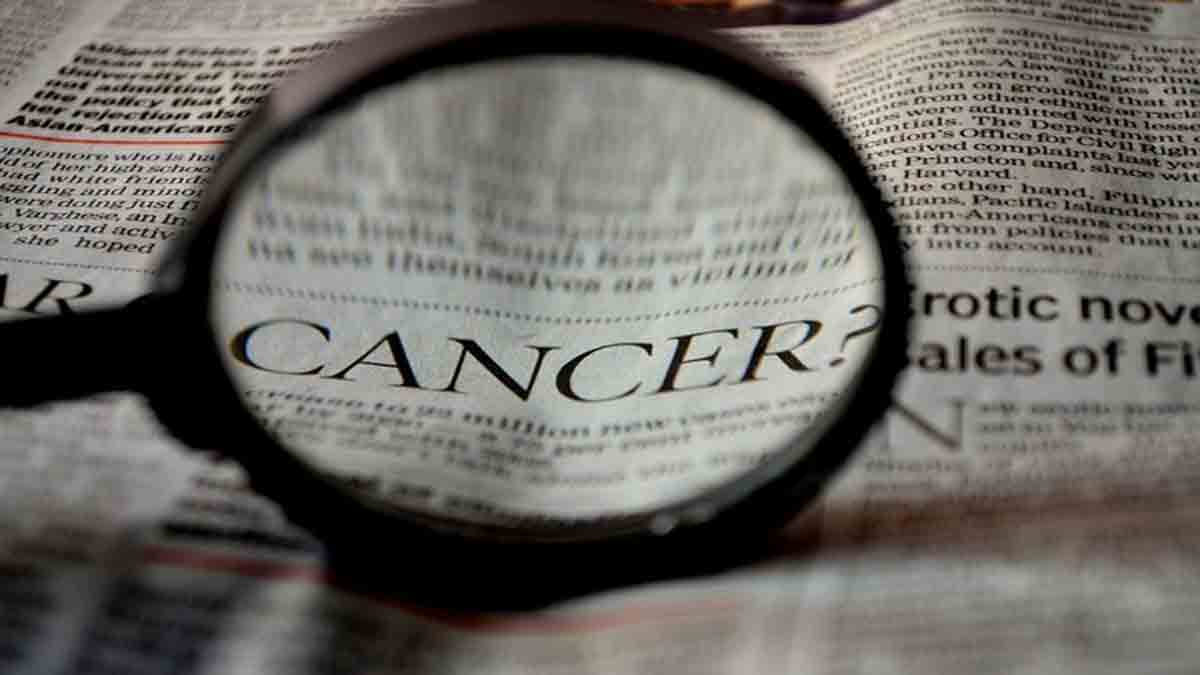Cancer is a formidable adversary, affecting millions of lives worldwide. National Cancer Awareness Day is a timely reminder of the importance of early detection and prevention. While cancer can manifest in various forms, early diagnosis is often the key to effective treatment. Regular health check-ups can significantly reduce the risk of cancer and increase the chances of successful outcomes. Even minor symptoms or lumps should not be ignored, as they may be early warning signs of cancer. In this article, we will explore the significance of health check-ups in preventing cancer and offer tips for staying vigilant about your health.
The Importance of Regular Health Check-Ups
Early Detection Saves Lives: Many cancers, such as breast, prostate, and colorectal cancer, can be detected early through screening tests like mammograms, colonoscopies, or blood tests. Early diagnosis often leads to more effective treatments and a higher chance of survival.
Identifying Precancerous Conditions: Health check-ups can identify precancerous conditions or benign lumps that could potentially develop into cancer. Addressing these conditions promptly can prevent cancer from forming.
Read More: Last Chance For Goa Lovers! IRCTC’s This Scheme Will Fulfill Your Beach Dreams In Budget
Risk Assessment: Health professionals can assess your risk factors and recommend appropriate screenings based on your age, family history, lifestyle, and other factors. This personalized approach can help you catch potential issues before they escalate.
Promoting a Healthy Lifestyle: Health check-ups provide an opportunity for healthcare providers to offer guidance on maintaining a healthy lifestyle, including advice on diet, exercise, and tobacco cessation.
Recognizing Early Warning Signs
While regular health check-ups are crucial, it’s equally important to stay vigilant about your health. Be on the lookout for signs and symptoms that could indicate cancer. Some early warning signs include:
Unexplained Weight Loss: Sudden and unexplained weight loss can be a sign of various cancers, including pancreatic, stomach, or lung cancer.
Changes in the Skin: Changes in moles, warts, or skin pigmentation can be indicative of skin cancer. Pay attention to any growth, color change, or irregular borders.
Persistent Cough or Hoarseness: A persistent cough, hoarseness, or coughing up blood can be a sign of lung or throat cancer.
Changes in Bowel or Bladder Habits: Bowel or bladder changes, such as blood in stools or frequent urination, could be signs of colorectal or bladder cancer.
Lumps or Abnormal Swellings: If you notice a lump or swelling anywhere in your body, no matter how minor it may seem, get it checked promptly. It could be a sign of breast, testicular, or lymph node cancer.
Preventing Cancer
Preventing cancer is a multifaceted endeavor that involves lifestyle choices, screenings, and vaccination where applicable. Here are some steps you can take to reduce your risk of cancer:
Healthy Diet: Consume a diet rich in fruits, vegetables, whole grains, and lean proteins. Limit processed foods, red meat, and sugary beverages.
Regular Exercise: Aim for at least 150 minutes of moderate exercise or 75 minutes of vigorous exercise per week to maintain a healthy weight and reduce cancer risk.
Tobacco Avoidance: Do not smoke or use any form of tobacco. Exposure to secondhand smoke should also be minimized.
Moderate Alcohol Consumption: If you consume alcohol, do so in moderation. Limit alcohol intake to reduce the risk of certain cancers, including liver and breast cancer.
Screenings: Follow your healthcare provider’s recommendations for cancer screenings, such as mammograms, Pap tests, and colonoscopies.
HPV Vaccination: Consider the HPV vaccine to protect against human papillomavirus (HPV)-related cancers.
Sun Protection: Protect your skin from harmful UV rays by wearing sunscreen, protective clothing, and avoiding excessive sun exposure.
In conclusion, National Cancer Awareness Day reminds us that early detection is our most potent weapon against cancer. Regular health check-ups are an essential part of this defense, allowing us to monitor our health and catch potential issues before they become life-threatening. Additionally, knowing the early warning signs and adopting a healthy lifestyle can further reduce the risk of cancer. By staying proactive and informed, we can take control of our health and contribute to the prevention and early detection of cancer.












